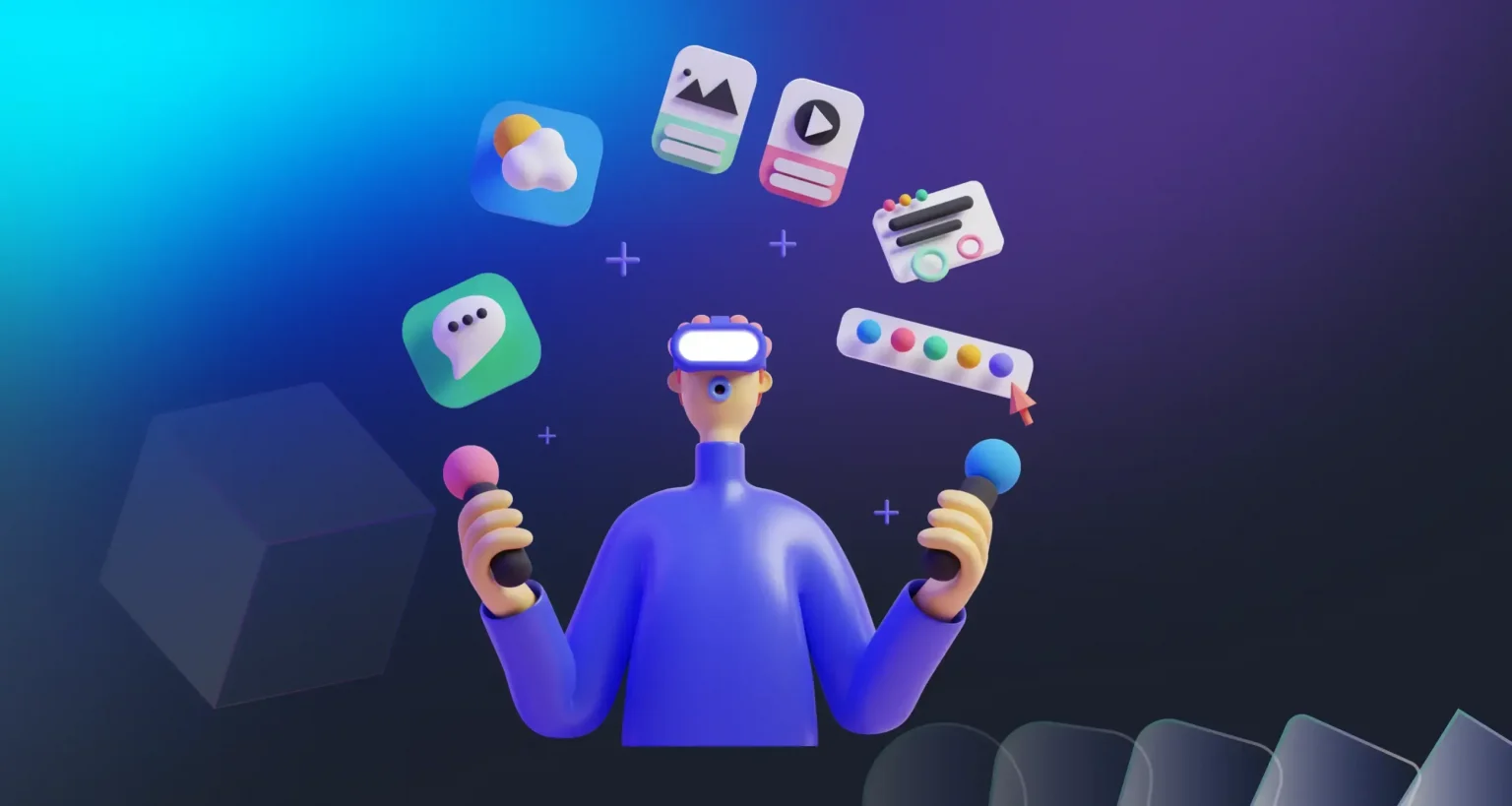Recent research conducted at the University of California, Berkeley has highlighted concerning implications: By analysing the movement patterns of individuals wearing VR headsets, a machine learning model accurately predicts personal attributes like height, weight, age, and marital status. This unauthorized data acquisition through AI raises significant ethical concerns.
How AI and VR Can Collect Unauthorised Data
In one study, motion data collected from over 50,000 VR users was used to identify individuals with an impressive accuracy rate of over 94%. Another study focused on the VR game “Beat Saber” and successfully determined subjects’ physical characteristics such as height, weight, and even country of origin, with an accuracy rate exceeding 80%. Details like marital status, employment status, and race could also be deduced with over 70% accuracy.
Vivek Nair, the lead researcher from UC Berkeley, explained that their machine learning model analysed data fed into VR headsets. This model predominantly identifies age, gender, race, and country. Interestingly, the model even approximated subjects’ ages based on their speed in hitting virtual targets, linking faster reaction times with younger ages.
However, the privacy implications stemming from these experiments have drawn considerable attention. VR devices can capture intricate user details—like gaze, body language, proportions, and facial expressions—that traditional websites or applications cannot access. This creates a long list of privacy concerns, as noted by Jay Stanley, a senior policy analyst at the American Civil Liberties Union.
Pressing Issues Need to be Addressed
Considering industry dynamics, the study examined Meta, a prominent internet company known for its revenue generation through personalized advertising using user data. While Meta’s revenue heavily relied on machine learning to comprehend user preferences, recent privacy policy changes by Apple have curtailed Meta’s data tracking capabilities on iPhones. As a response, Meta discontinued its facial recognition system and eliminated over a billion facial images, incurring a significant revenue loss of $10 billion.
This prompted the company to invest in AI-driven initiatives, including VR headsets, to predict content and advertising preferences. This resurgence of income generation, coupled with concerns about virtual reality and artificial intelligence fusion, has prompted researchers to address this emerging issue.
Regulations Unable to Keep up with the Pace of Tech
Jay Stanley emphasises that the fast-paced evolution of technology and the substantial knowledge gap are worrisome factors. VR headsets, needing extensive data such as eye and hand movements to function, pose challenges in implementing effective privacy controls compared to conventional websites or apps.
Vivek Nair concurs, stating that akin to facial recognition, VR headsets also have the potential to capture sensitive information. However, due to the relatively new nature of the technology, users and regulators possess limited understanding, making it potentially more perilous. As the worlds of virtual reality and artificial intelligence converge, vigilance regarding privacy concerns remains critical.

